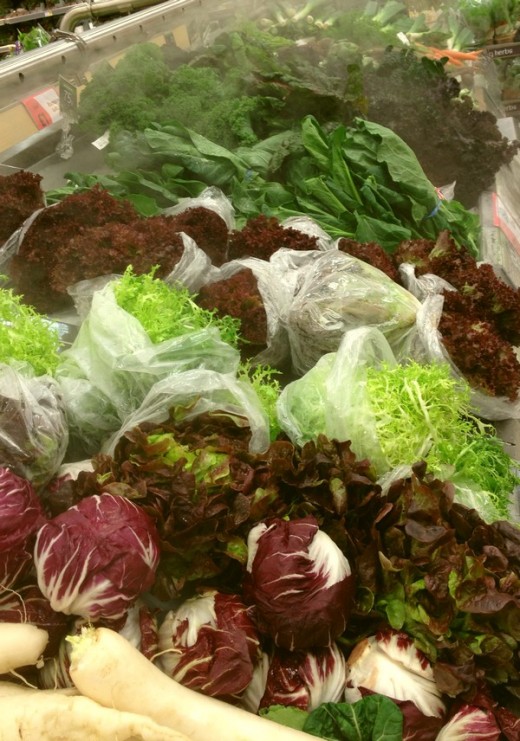Choice = stress?
Having choices is a good thing. At least that is what we, in the Western world, tend to believe. I am sure that, in many respects, this is true. The more affluent you are, the more control you can exercise over your life and, hence, the more choices you can make. Most of us have a significant degree of choice when it comes to employment, where we live and with whom we share our lives.
Although the choice we have in bigger things may be great, I wonder about the benefits that we gain from smaller choices …
I am not a big fan of shopping. At least, the idea of going shopping, without planning to buy something specific, is not my idea of fun. However, I am OK with addressing the needs of everyday life, such as food. Fortunately, I live in an area where, within a short walking distance, I have a good selection of food shops – a number of specific shops, like butchers and bakers, and a modest sized supermarket. This suits me very well. I know that some people think that our supermarket is a bit small and long for a “superstore”. A slightly longer walk or short drive can provide this option. I find those enormous stores very stressful for two reasons: first, I do not know where anything is, so shopping takes a long time and much walking; second, they offer me too much choice.
A big shop not only offers more different products, but they usually offer a wide selection of each product. This causes me stress. How do I choose? It seems to me that, if I were offered just one or two options for each product, I would have to put very little effort into making my selection. As it is, I have to consider lots of factors: the price [and that may be hard to compare with products packed in differing quantities; the quality; the brand. The list goes on …
One of the larger supermarkets near to us has recently undergone a major refurbishment, enabling them to offer a wider choice. This is not really enticing me to visit. I am curious about their motives, which are ultimately to grow their business, but where is that extra money going to come from? Maybe they expect their existing customers to spend more, but more likely they want to attract new people to the store. As customers commonly have a loyalty to a particular supermarket, making them change is tough. In this case, part of the strategy is to increase the choice of fresh foods in particular. The range of fruit and vegetables is now enormous – enough to even get my attention. The vast array is very nicely presented – some parts of the display have a cooling mist flowing over the produce to keep it fresh. Although this strategy seems sound, I wonder whether it might backfire, because loyal customers of the store may be so fazed by the vast choice and defect elsewhere.
In recent years, I have developed a strategy to deal with making a choice. I look for cut price items – typically products that are on/near their “use by” date, which are marked down for a quick sale. A while ago, one of my daughters questioned this: “Why do you buy this cheap stuff when you can more or less afford to buy any food that you want?” Aside from the exaggerated idea she had of my ability to afford stuff, I have two reasons for making this choice. First, I like a bargain. Second, it saves me making a choice, which reduces my stress. For example, I may go to the supermarket to get food for dinner, with no idea of what I will buy. When I get there, I find the choice has been made for me!

